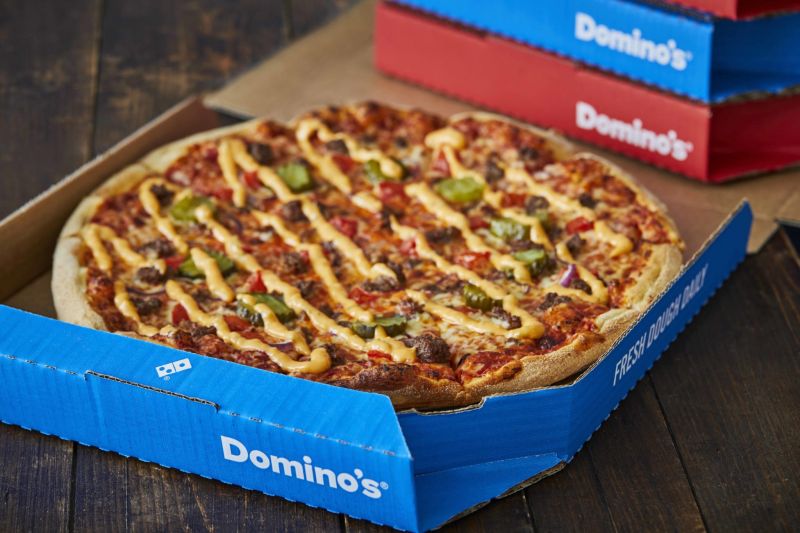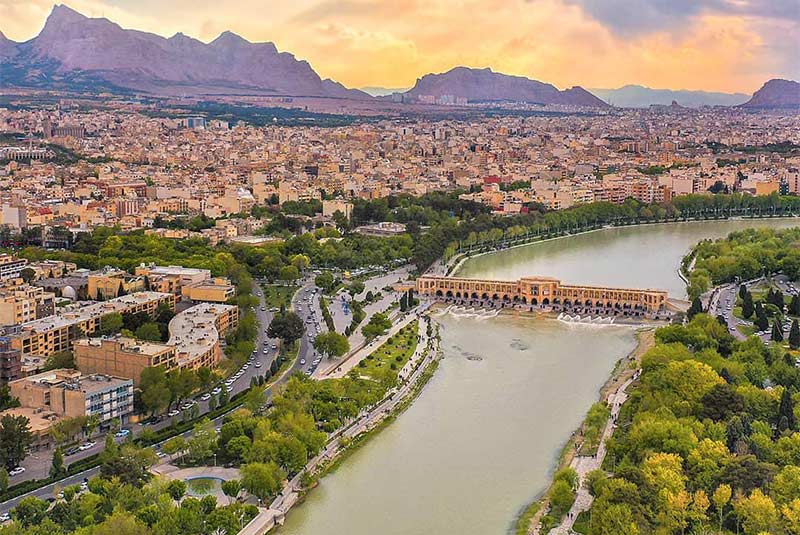Domino’s Pizza has closed the last of its remaining stores in Italy, while ePizza SpA, the franchise holder in the country, has filed for bankruptcy, bringing to a close the ill-fated adventure by the American firm in the birthplace of pizza.
Since launching its first Italian store in Milan in 2015, the fast food giant struggled to gain a foothold in a country that is famous for its snobbishness towards food, particularly with regard to its own cuisine.
The COVID-19 pandemic proved to be the final nail in the coffin for the project, as competing local pizza chains as well as traditional restaurants started providing delivery services, eliminating the company’s sole competitive advantage.
In 2021, with sales falling by 38 per cent, ePizza SpA told investors : “We attribute the issue to the significantly increased level of competition in the food delivery market with both organised chains and ‘mom & pop’ restaurants delivering food, to service and restaurants reopening post pandemic and consumers out and about with revenge spending.”
The company first filed for bankruptcy in April, saying that the pandemic and “subsequent and prolonged restrictions … have seriously damaged ePizza”.
The filing, which granted the business protection from creditors for 90 days, expired in July. At the end of that month, the company stopped making deliveries.
As at the end of 2020, the company had over €10 million in debt.
Domino’s Pizza Italian footprint had already been decreasing from its peak in 2020, when it directly managed 23 outlets, with another six run through sub-franchise agreements – a far cry from its original plans to open around 880 stores across the country.
The news was largely met with derision online, with one commentor likening the attempt by an American company to sell pizza in Italy to “selling snow in the North Pole”.
Domino’s largest European market is the UK and Ireland, which have a combined total of more than 1,200 stores.
The pizza chain landed in Malta in 2017 through a franchise agreement with Famalco Group, and currently has three outlets in Birkirkara, Qawra and Fgura.
Inflation risk re-surging as tensions heat up between Israel and Iran
Oil and gold prices jumped after the latest strike by Israel
WATCH: Rare torrential rain in Dubai wreaks havoc and causes major disruption
Flooding hits shopping malls, destroying stock
‘Science in the Citadel’ returns for its fifth edition
Science researchers and experts will be present at the event for meetings and workshops






